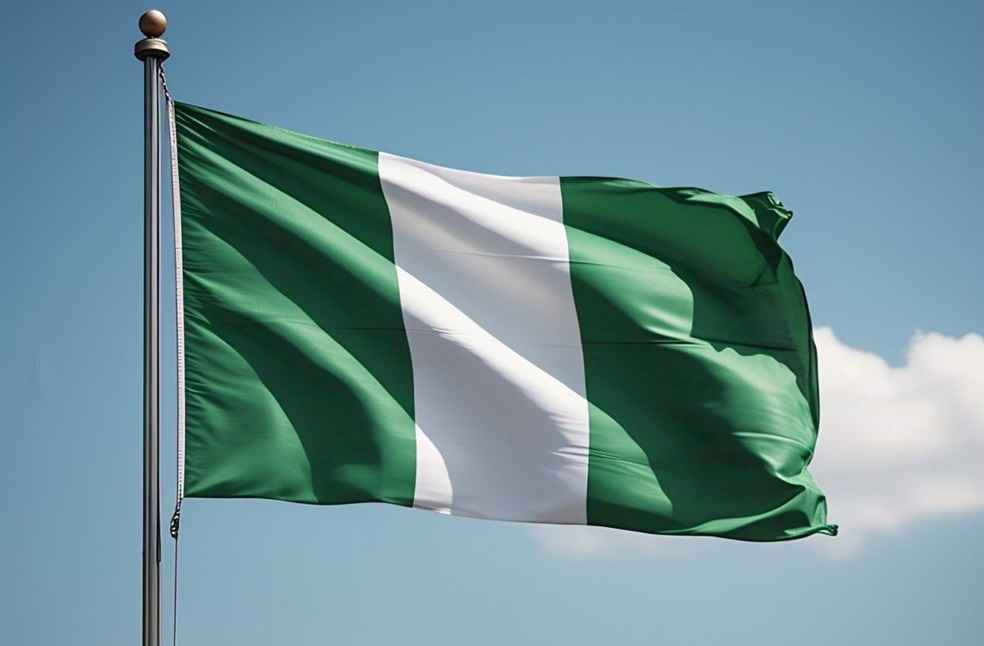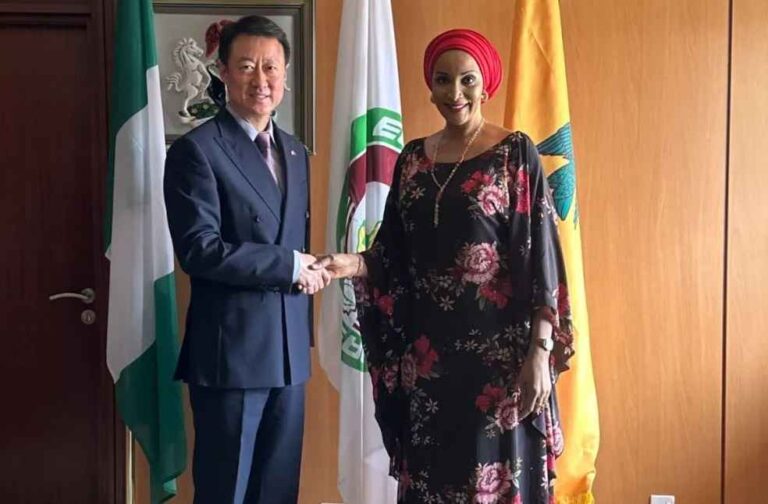The Nigerian government seeks the removal of Chinese trade tariffs, similar to those removed for 33 other African nations. The request aims to strengthen economic collaboration and promote commerce in sectors vital to Nigeria’s development objectives.
During a courtesy visit by the Chinese Ambassador Yu Dunhai to Nigeria, Ambassador Bianca Odumegwu-Ojukwu, the Minister of State for Foreign Affairs, made the appeal at her office in Abuja. The statement, signed and released by the minister’s media aide, Magnus Eze, on Thursday, conveyed Odumegwu-Ojukwu’s remarks. She highlighted Nigeria’s over five-decade-long relationship with China and emphasized that the current administration under President Bola Tinubu is focusing on economic diversification as part of its ‘Renewed Hope Agenda.’

At the meeting, Ambassador Odumegwu-Ojukwu asserted Nigeria’s desire for Chinese expertise in electric vehicle manufacturing, digital communications, renewable energy development, and agricultural advancement. She praised China’s valuable contributions to Nigeria’s transportation infrastructure, particularly in road and rail projects. The Minister reiterated Nigeria’s dedication to strengthen its power infrastructure and upgrading port facilities to foster a more attractive investment climate.
“Nigeria-China will continue to relate not just bilaterally but multilaterally. We expect that we will continue to get the support of China, but we will always reciprocate that multilaterally.” Minister said.
The minister conveyed that, in line with President Tinubu’s industrialization plan, Nigeria expects Chinese cooperation in setting up electric vehicle assembly plants, advancing digital communication, renewable energy, all areas of digital technology, and agriculture due to food insecurity. The government aims to ensure that food reaches the poorest and has therefore established a separate Ministry of Livestock.

In response, Ambassador Yu Dunhai affirmed China’s commitment to amplify ties with Nigeria. He described Nigeria as a key partner and noted that President Tinubu’s recent visit to China and participation in the Forum on China-Africa Cooperation had elevated bilateral relations. He focused on the ongoing collaboration between the two nations in transportation, energy, and port development projects. Trade between Nigeria and China exceeded $21 billion last year, with Nigerian exports to China increasing by over 25%.
Ambassador Dunhai emphasized manufacturing’s role in industrialization and noted that the recently renewed $2 billion currency swap agreement would refine economic relations and augment trade between both countries. He expressed China’s backing for Nigeria’s global ambitions, particularly supporting Nigeria’s potential G-20 membership. The Ambassador reaffirmed China’s policy of providing unconditional grants to African countries and mentioned both nations’ commitment to evaluating their partnership to ensure mutual benefits. He described the relationship as a ‘comprehensive strategic partnership’ and signaled China’s desire for Nigeria to have greater international influence, creating more opportunities for collaboration.
“For China, we have been very consistent. We give grants to any African countries; we don’t give any conditions.” He added.
TEXTILE AND APPAREL | Swedish Textile Giant Plans $1 Billion Investment in Vietnam



